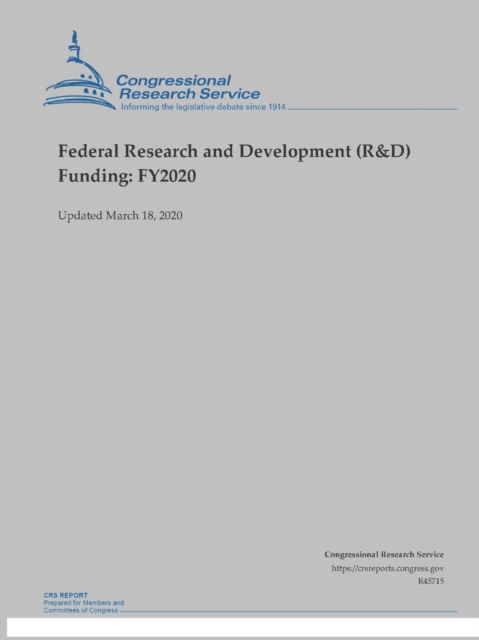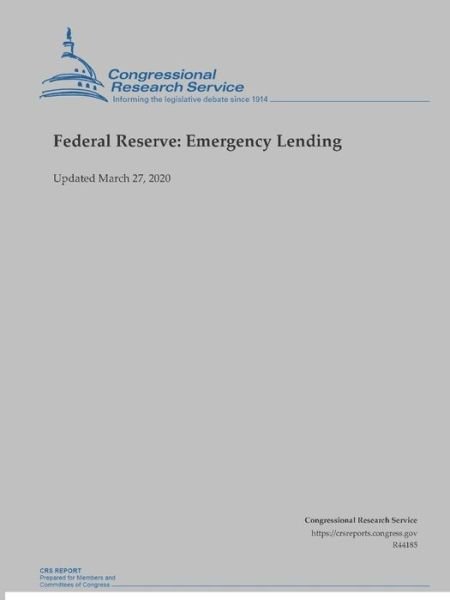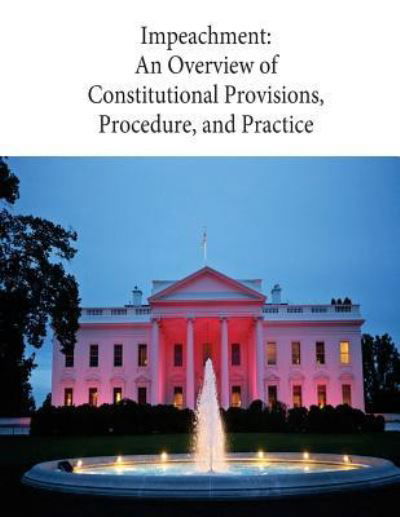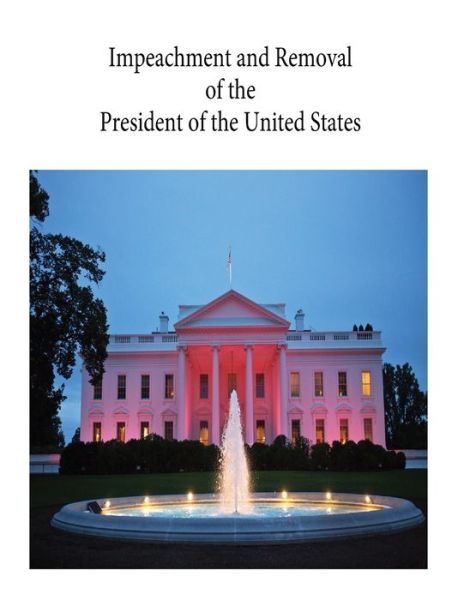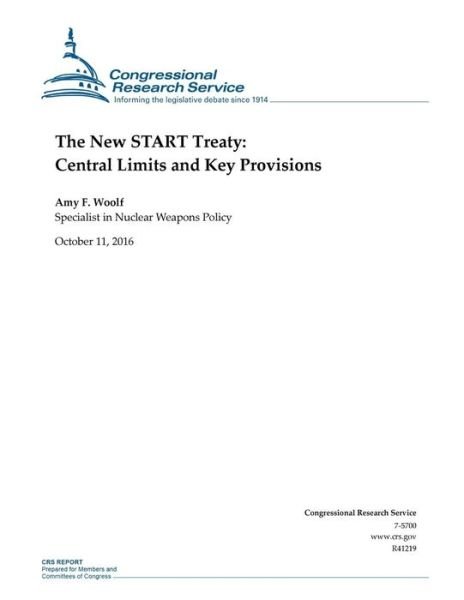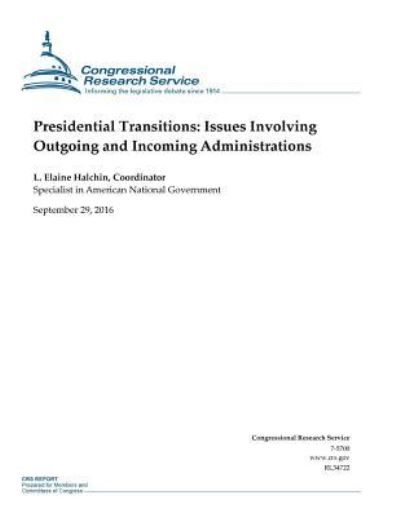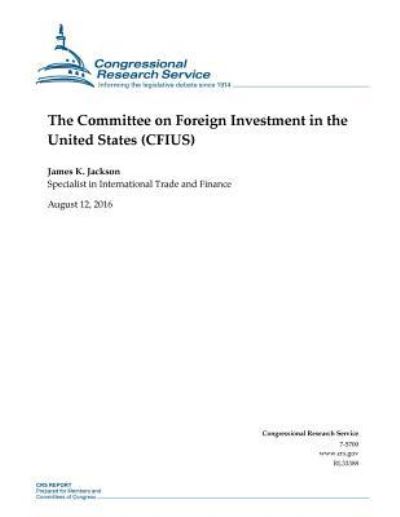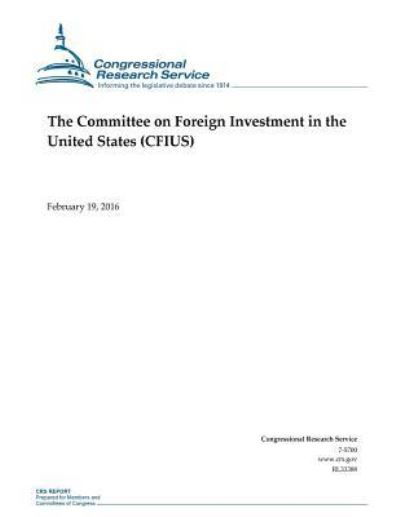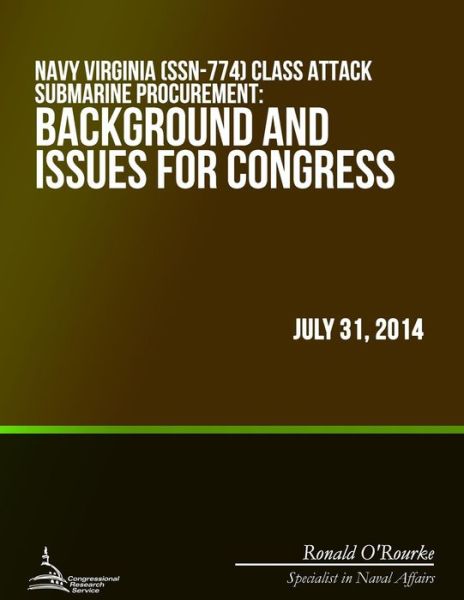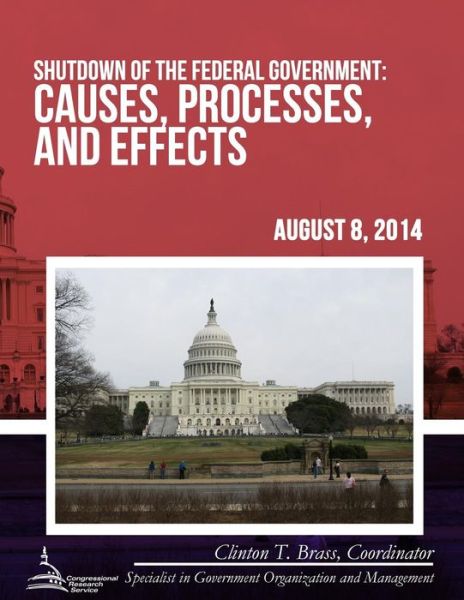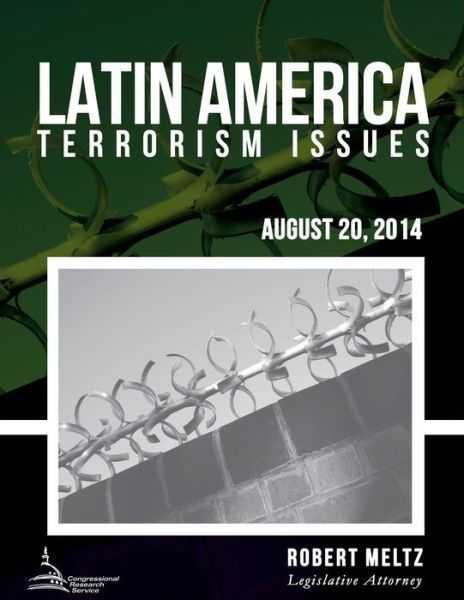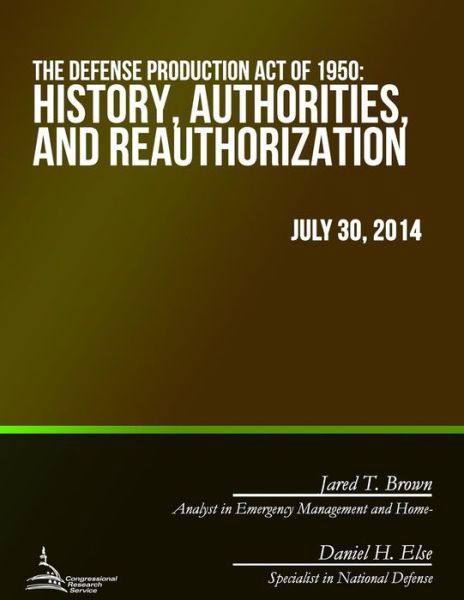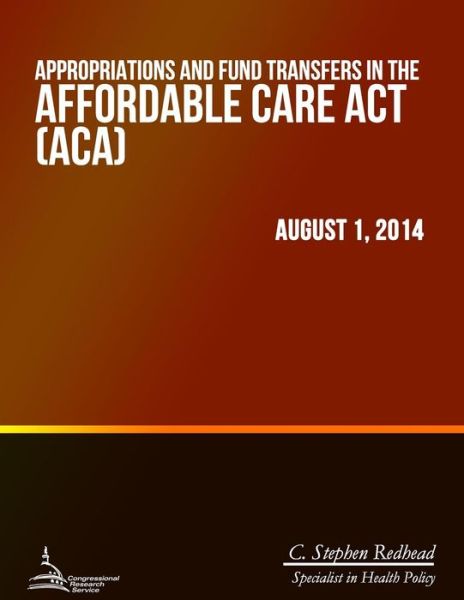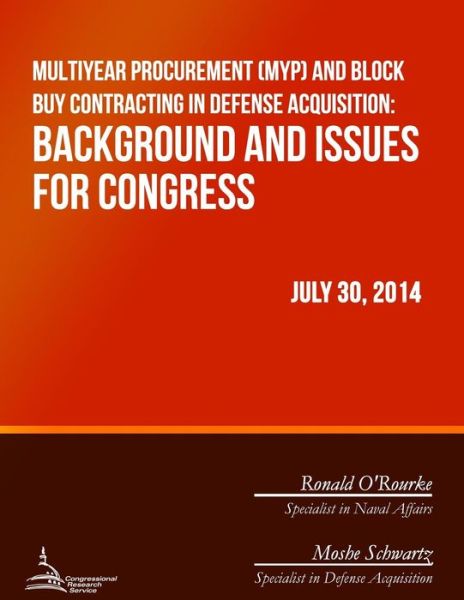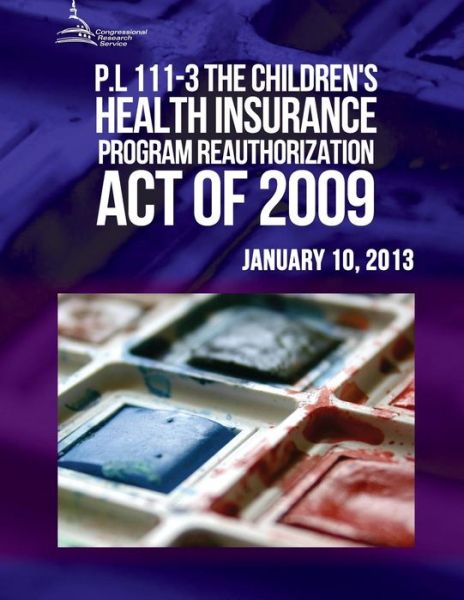
Vertel uw vrienden over dit artikel:
Yemen: Background and U.s. Relations
Congressional Research Service
Yemen: Background and U.s. Relations
Congressional Research Service
Publisher Marketing: This report provides an overview and analysis of U. S.-Yemeni relations amidst evolving political change in Yemeni leadership, ongoing U. S. counterterrorism operations against Al Qaeda in the Arabian Peninsula (AQAP) operatives in Yemen's hinterlands, and international efforts to bolster the country's stability despite an array of daunting socio-economic problems. Along with determining how best to counter terrorist threats emanating from Yemen, Congress and U. S. policy makers also may consider the priority level and resources that should be accorded to attempts to stabilize Yemen and to establish and maintain strong bilateral relations with Yemeni leaders. On November 23, 2011, after eleven months of protests and violence that claimed over 2,000 lives, then-President Ali Abdullah Saleh of Yemen signed on to a U. S.-backed, Gulf Cooperation Council (GCC)-brokered transition plan. In line with the plan, Yemen held a presidential election in February 2012 with one consensus candidate on the ballot-former Vice President Abed Rabbo Mansour al Hadi. President Hadi took office in February 2012 shortly after his election. He resigned on January 22, 2015, and is under house arrest, surrounded by fighters from the Houthi movement. Many Administration officials have declared that Al Qaeda in the Arabian Peninsula, the Yemen-based terrorist organization that has attempted several attacks on the U. S. homeland, presents the most potent threat among Al Qaeda's remaining affiliates. In recent years, the Administration and Congress have committed greater resources to counterterrorism and stabilization efforts there. Amid debate over the accomplishments and objectives of U. S. military and intelligence operations in Yemen, President Obama has suggested that U. S. policy in Yemen may inform U. S. policy in other cases, such as the military campaign against the Islamic State Organization in Iraq and Syria. It is unclear whether and how lessons from Yemen's specific situation might apply in other contexts. Many analysts assert that Yemen is or is becoming a failed state and safe haven for Al Qaeda operatives for a variety of reasons and as such is likely to remain an active theater for U. S. counterterrorism operations for the foreseeable future. Given Yemen's contentious political climate and its myriad development challenges, most long-time Yemen watchers suggest that security problems emanating from Yemen may persist in spite of increased U. S. or international efforts to combat them-an argument with which few would disagree given the events of early 2015. As recently as the fall of 2014, the Obama Administration expressed cautious optimism about Yemen's trajectory, though the 2014-2015 takeover of Sana'a by the Houthis, a clan from the Zaydi sect (related to Shia Islam) has upended Yemen's political transition. The State Department reports that the United States committed more than $221.4 million in assistance to Yemen in FY2014, in addition to $316.23 million in FY2013 and more than $353 million in FY2012. U. S. military assistance to Yemen has focused on bolstering its unmanned aerial surveillance capabilities and training its armed forces. Current annual appropriations language includes a provision that would restrict U. S. funding of Yemen's military were it to be controlled by a foreign terrorist organization.
| Media | Boeken Paperback Book (Boek met zachte kaft en gelijmde rug) |
| Vrijgegeven | 11 februari 2015 |
| ISBN13 | 9781508605096 |
| Uitgevers | Createspace |
| Pagina's | 38 |
| Afmetingen | 216 × 279 × 2 mm · 113 g |
Meer door Congressional Research Service
Bekijk alles van Congressional Research Service ( bijv. Paperback Book en Book )


